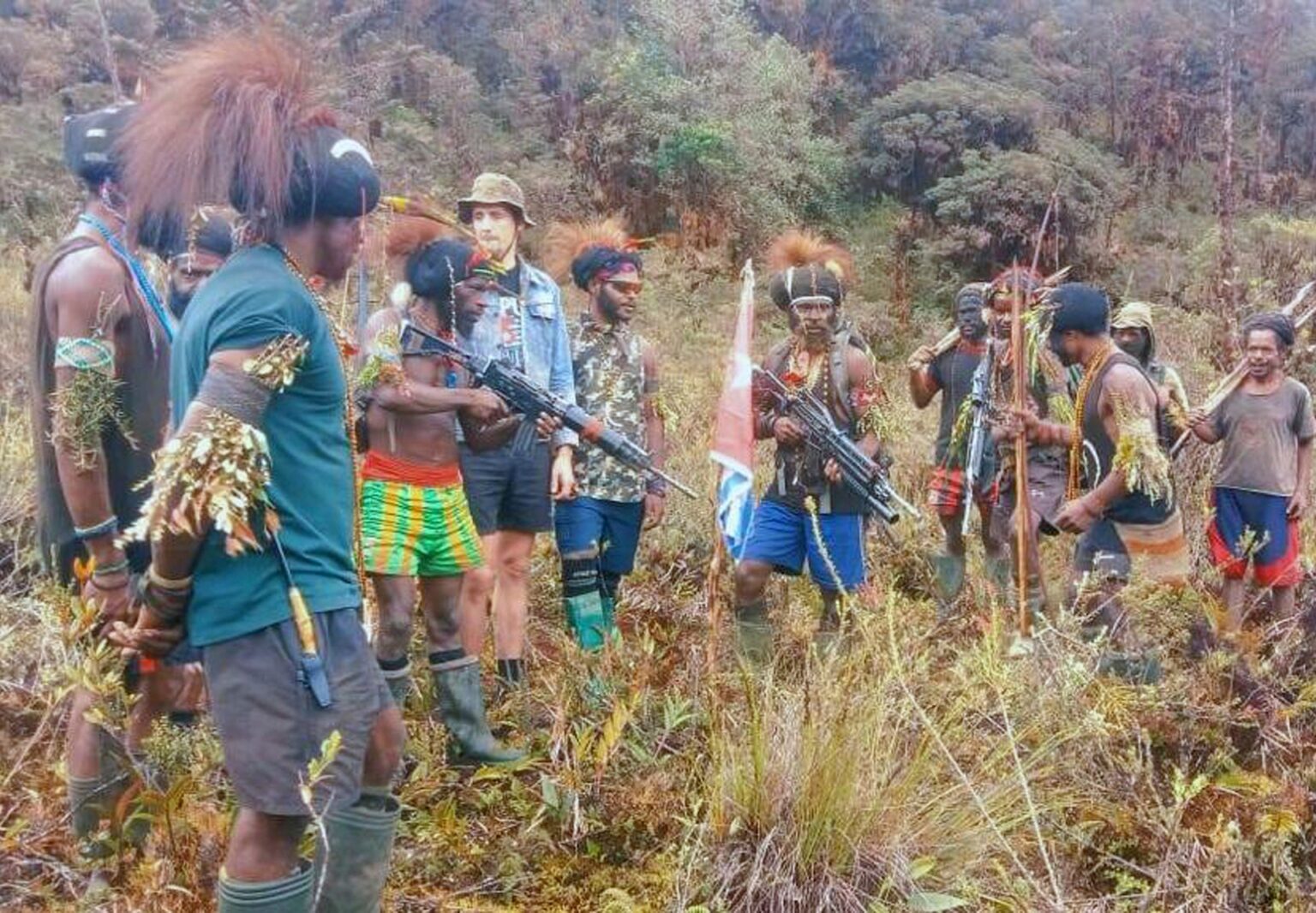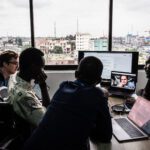Global Courant 2023-04-17 17:45:19
Armed separatists say they attacked soldiers as the army searched for a captured New Zealand pilot.
Separatists in Indonesia’s Papua region say they killed nine soldiers in an ambush, but the army says one soldier was killed during searches for a kidnapped New Zealand pilot.
Indonesian military spokesman Julius Widjojono said on Sunday that soldiers were scattered in various locations in the search for captured Susi Air pilot Phillip Mehrtens and that they had communication problems due to the bad weather.
Mehrtens was kidnapped by the rebels in February at an airport in the remote district of Nduga.
“As of 14:03 local time (05:03 GMT Sunday) the information we have is that one has died,” Widjojono said when asked about the higher casualty count. “We have not received any other information because the area is difficult to reach, especially with the uncertain weather.”
Widjojono said the army will step up the operation to rescue Mehrtens as they have identified the location of the pilot.
The erratic weather has made the effort a challenge, he said.
A man identified as Phillip Mehrtens, the New Zealand pilot allegedly being held hostage by a pro-independence group, sits among separatist fighters in Indonesia’s Papua region (File: West Papua National Liberation Army/handout via Reuters)
The West Papua National Liberation Army, the military wing of Papua’s main separatist group, claimed responsibility on Saturday for an attack that it said killed nine soldiers.
The rebels had previously demanded that Indonesia recognize Papuan independence in exchange for the release of the pilot and a meeting with President Joko Widodo facilitated by the international community.
The separatists said Saturday’s attack was an act of defense against military activity in the region and demanded that the government negotiate Mehrtens’ release.
“The United Nations and the New Zealand government have a duty to urge Indonesia to stop the military operation,” rebel spokesman Sebby Sambom said on Sunday.
Flying is the only way to reach mountainous areas in Papua, where rebel attacks have increased in recent years.
Papua’s Melanesian people share few cultural ties with the rest of Indonesia, and the military there has long been accused of human rights abuses.
Papua, a former Dutch colony, declared independence in 1961, but neighboring Indonesia took power two years later and promised an independence referendum.
The subsequent vote to become part of Indonesia was widely regarded as a sham.








